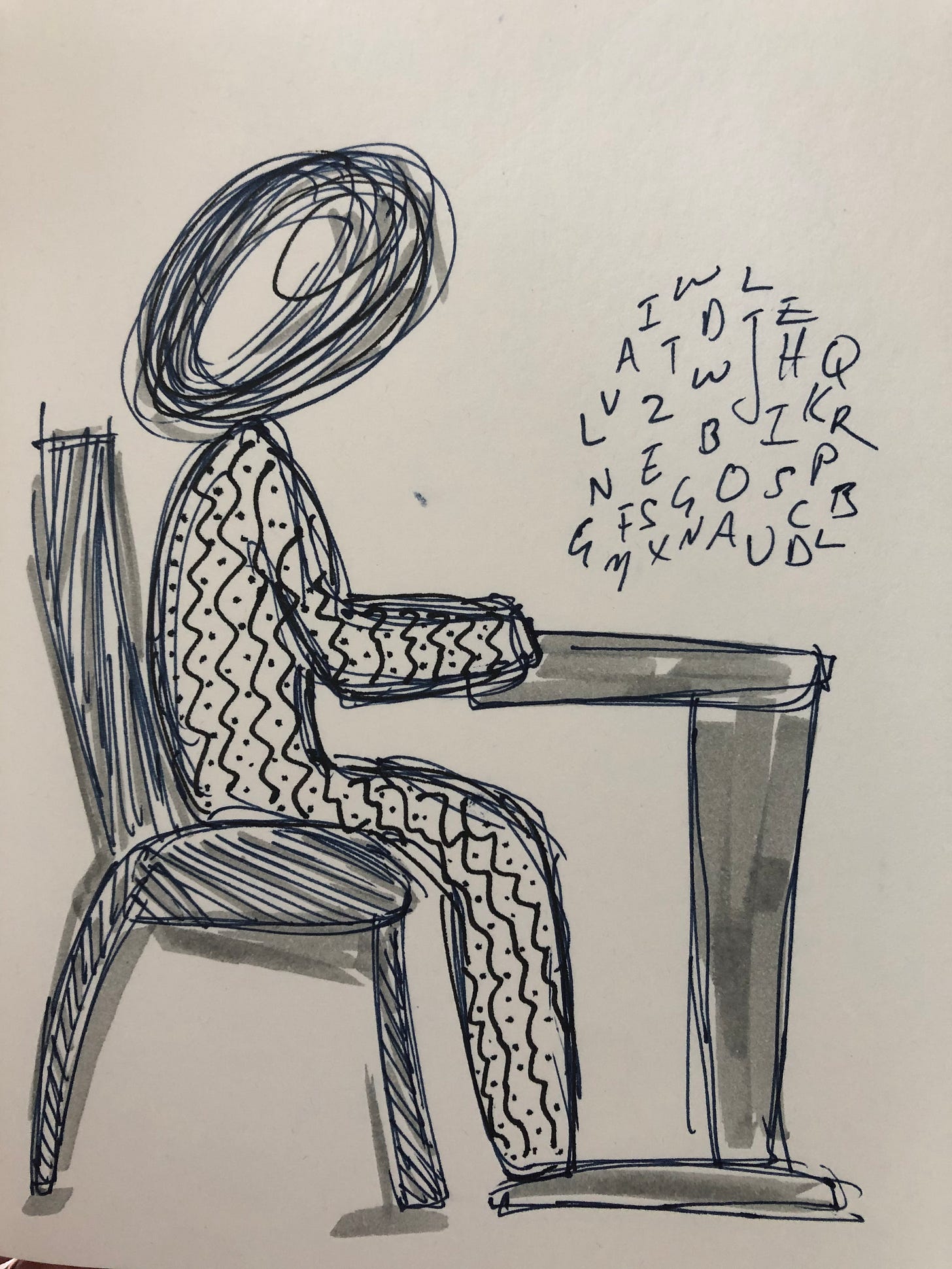Partnered: Publishing tips with Softwood Self Publishing
Softwood Self-Publishing were kind enough to share their wisdom about self-publishing after I reached out to them on Twitter. They are lovely, approachable people and would be happy to help with your publishing queries.
Article:
How would you advise someone in preparing their work before approaching a publishing service?
If you’re looking to self-publish through a collaboration with a publisher who can assist you through every step of the process (such as SWS Publishing), you should feel able to approach them at any stage in your writing. They can help you plan the process so that you know the next steps you need to take. Even if you want to approach a traditional publisher, it’s often useful to take advice as to what needs to happen when your manuscript is complete. It’s also vital that an author has considered all their publishing options, and have researched the publishers they might want to work with. It’s important that they know that some publishers will charge them to be published under their name and that they may lose creative control and often a large percentage of their profits. Authors should be aware that through self-publishing, they have the option to remain in total financial and creative control of the entire process - and keep 100% of their book sales!
At what stage of your writing should you be at, or recommend being at, before approaching a publishing agency?
Once you have self-edited your completed manuscript, you will need to have a well-written pitch, blurb, synopsis, and query letter in place. We regularly help authors complete this stage, even if they’re not considering self-publishing initially.
Some publishers feel a little like Fort Knox, what can an individual do to ensure their work is taken seriously and read by the publisher?
The competition you will face at a traditional publisher is huge. An author’s pitch, blurb, synopsis, and query letter needs to be clear, precise, and to the point. Any letter too lengthy won’t be looked at. A publisher can also tell very quickly when a manuscript hasn’t been edited or at least proofread. A manuscript that has undergone basic formatting (including clear chapters, indents and page numbers) will also be at an advantage.
Considering the best manuscripts you have received, what makes them the best?
We often work with authors as they’re still writing their manuscripts which ensures that they avoid many of the pitfalls of creative writing such as excessive info dumps. A successful manuscript will include characters with good dialogue who are strong enough to drive the plot.
What advice would you give to writers to ensure they can maintain their writing, with having other professional commitments?
We always tell authors to avoid putting pressure on themselves. Admittedly some find that putting a writing structure in place helps them, but sticking to it too rigidly can create negativity around your writing that can lead to writer's block. Setting aside non-structured or unpressurised time to think, away from distraction, can open your mind to being creative and can lead to constructive writing sessions.
What is the one key message you would like to give to newer writers who want to get published in the near future?
Do your research, make yourself aware of the pros and cons of every route to getting your book out there. Don’t fall for scams (sadly there are many around), and don’t sign publishing contracts that look too good to be true - they’re usually removing your control over the manuscript and keeping most of your profits. This awareness will ensure you can stay in control of the publishing process if you choose to, both financially and creatively.
Thank you for reading. I am Emma and I publish writing tips and prompts on my website. I am an IELTS tutor and tutor for conversational English.

